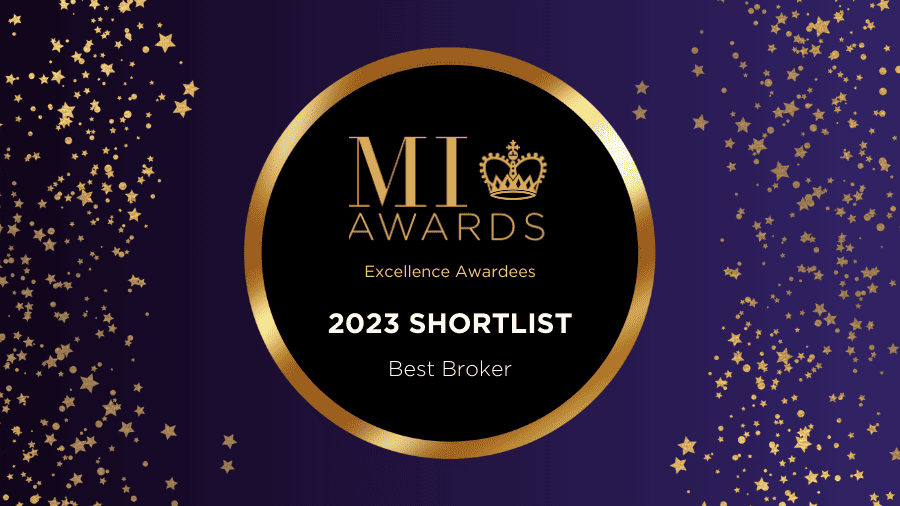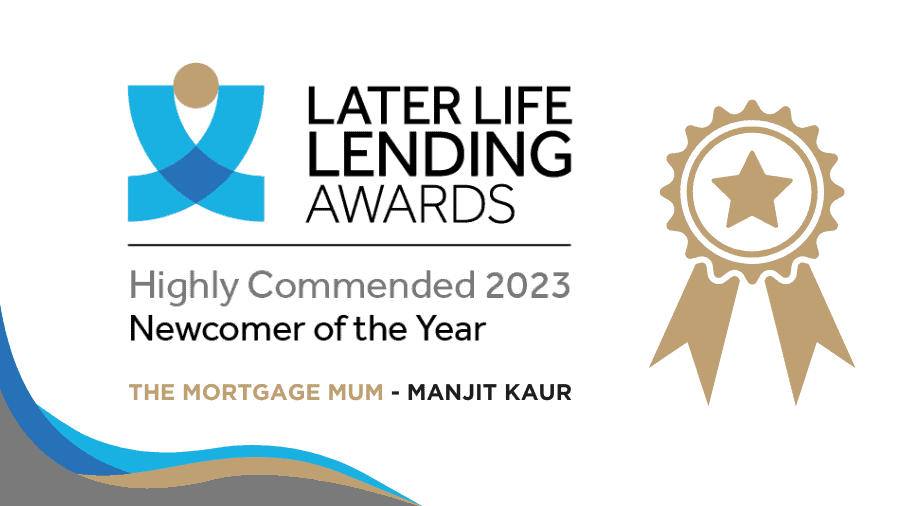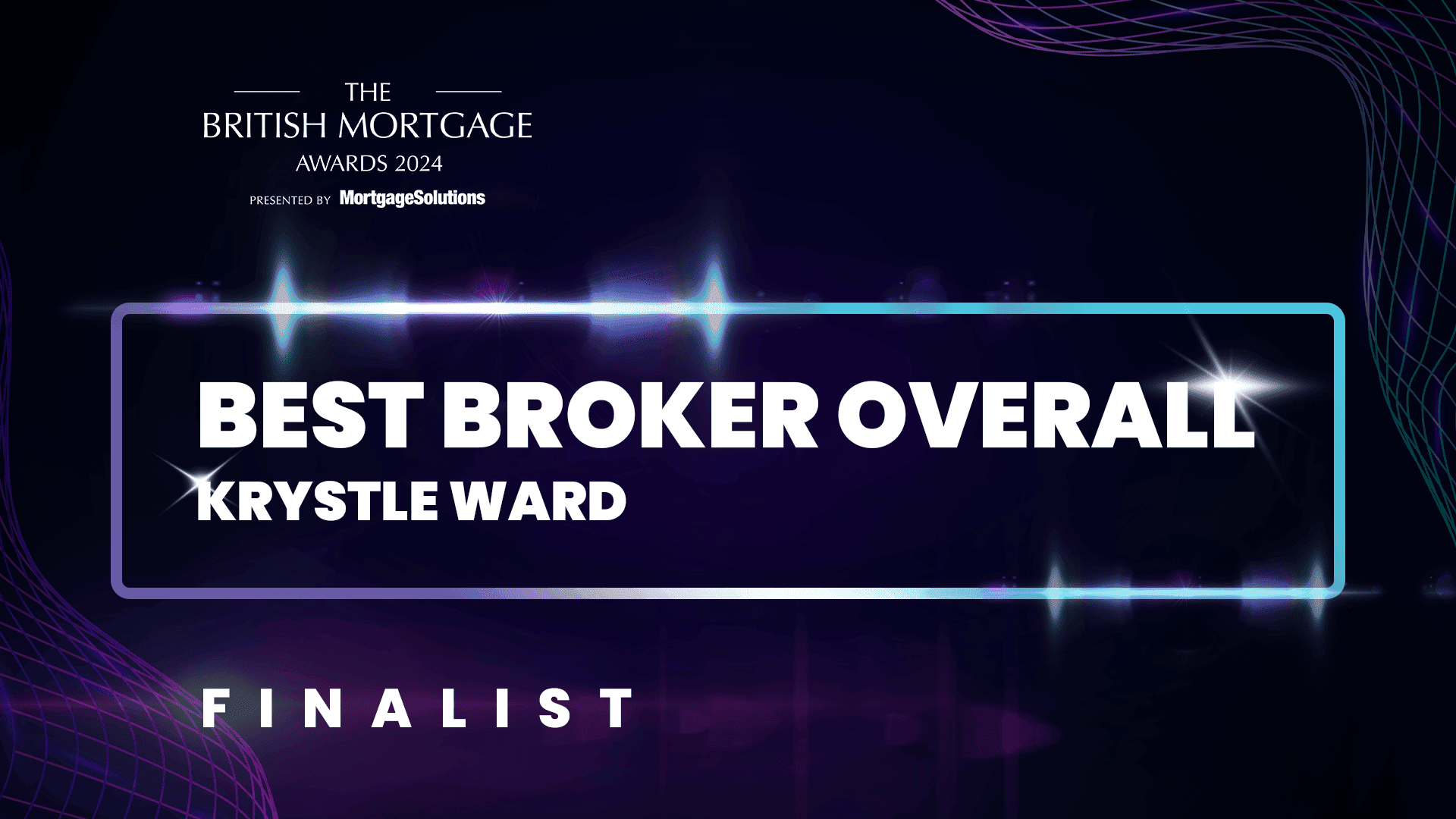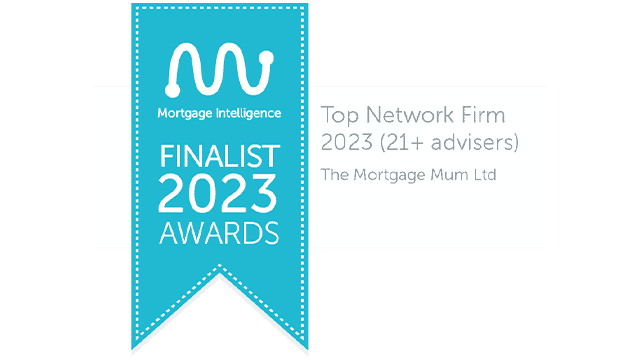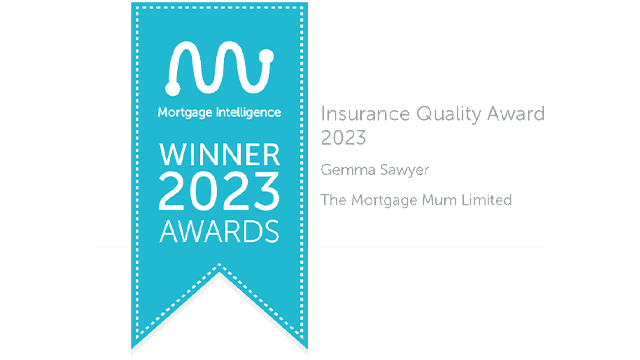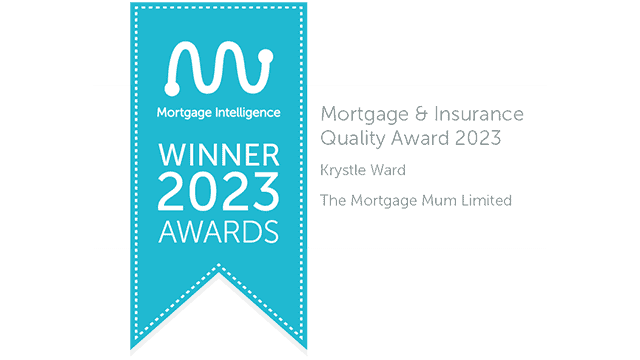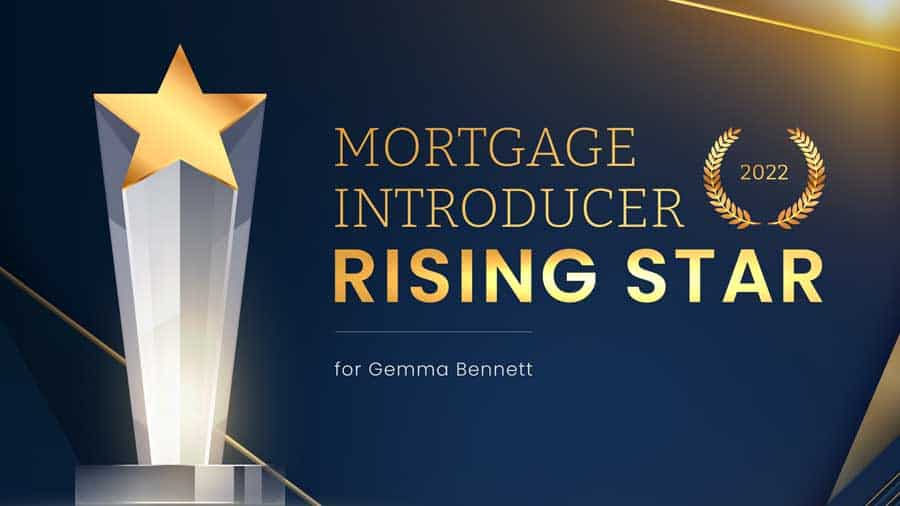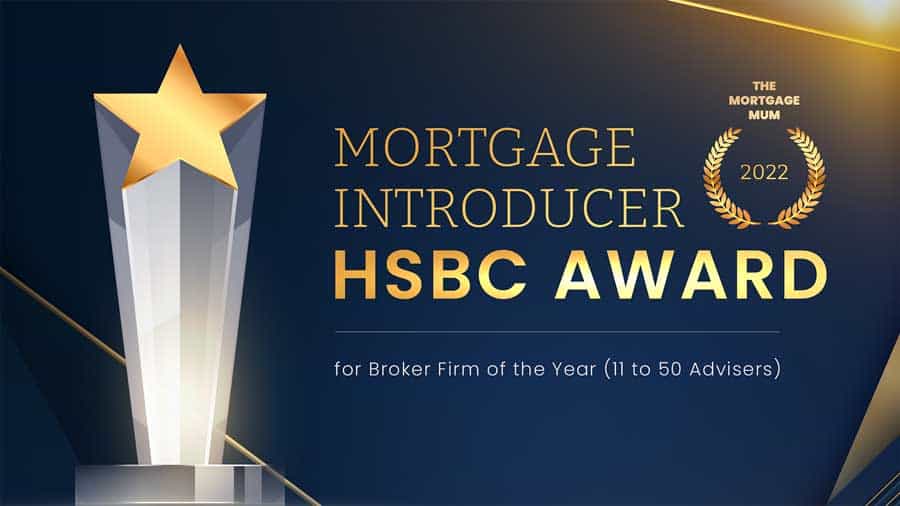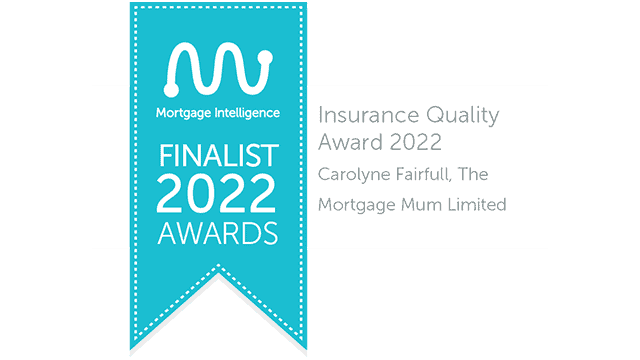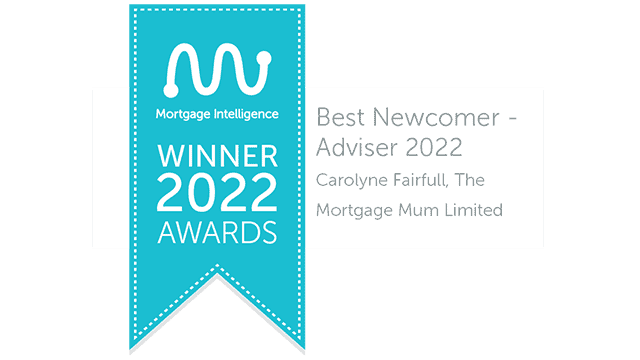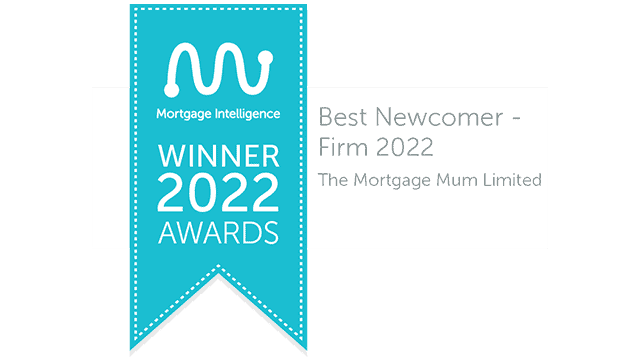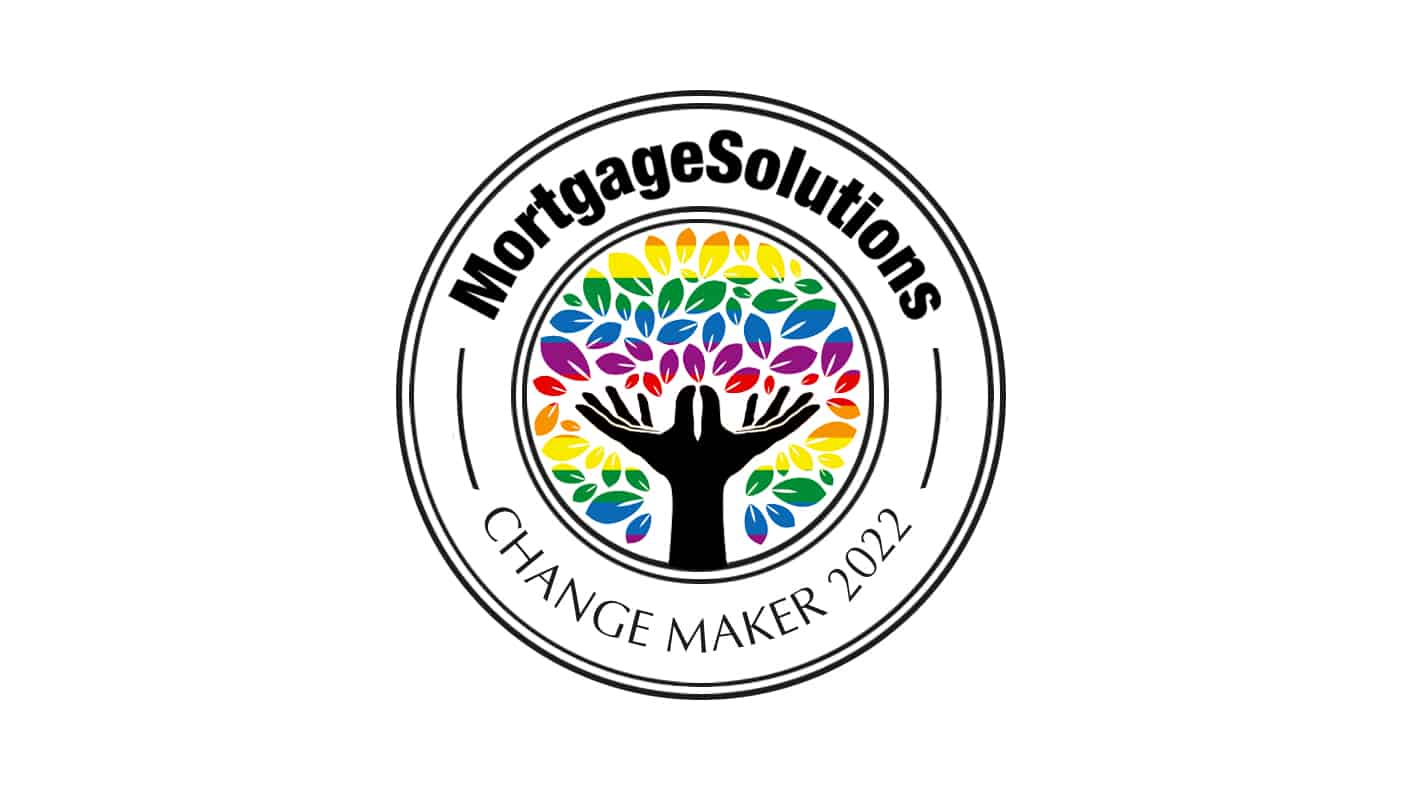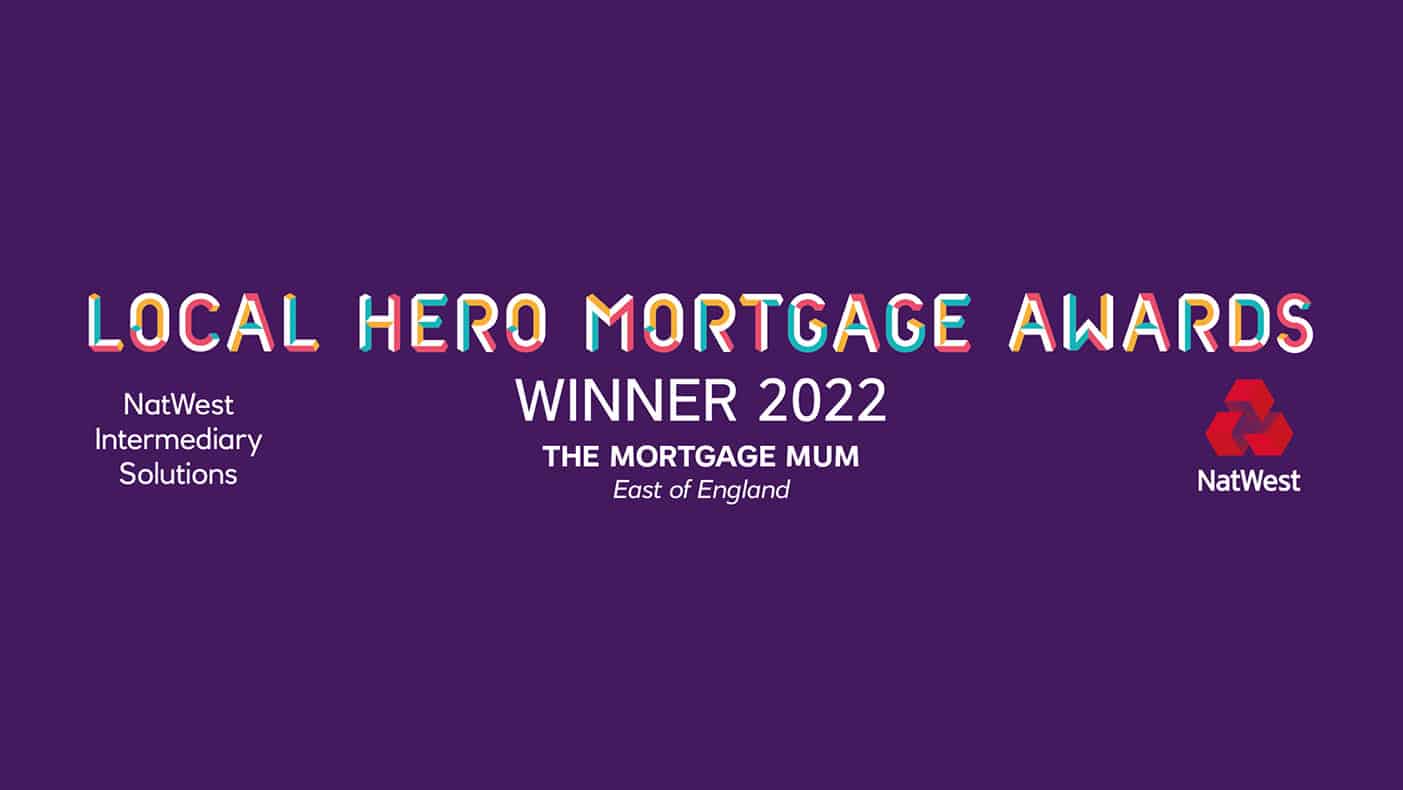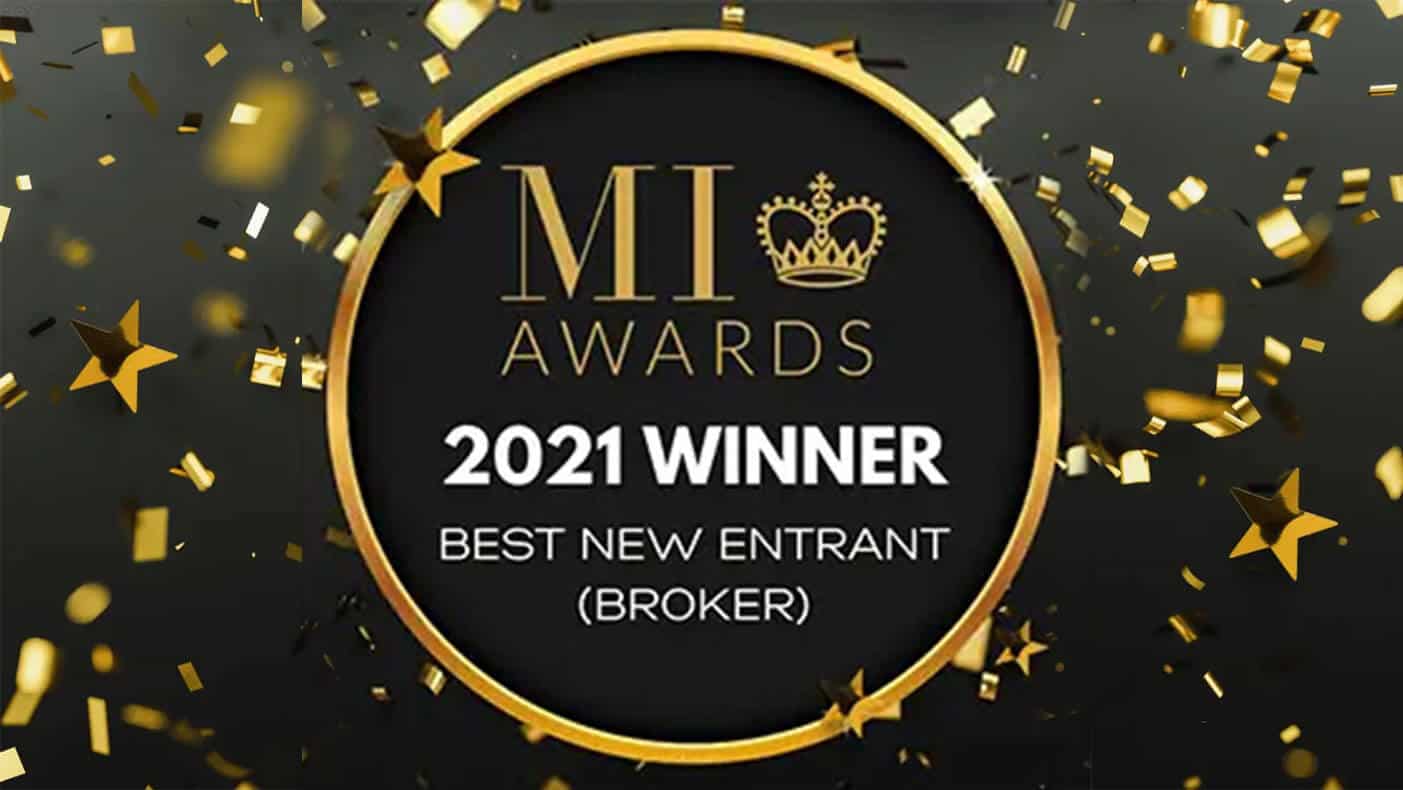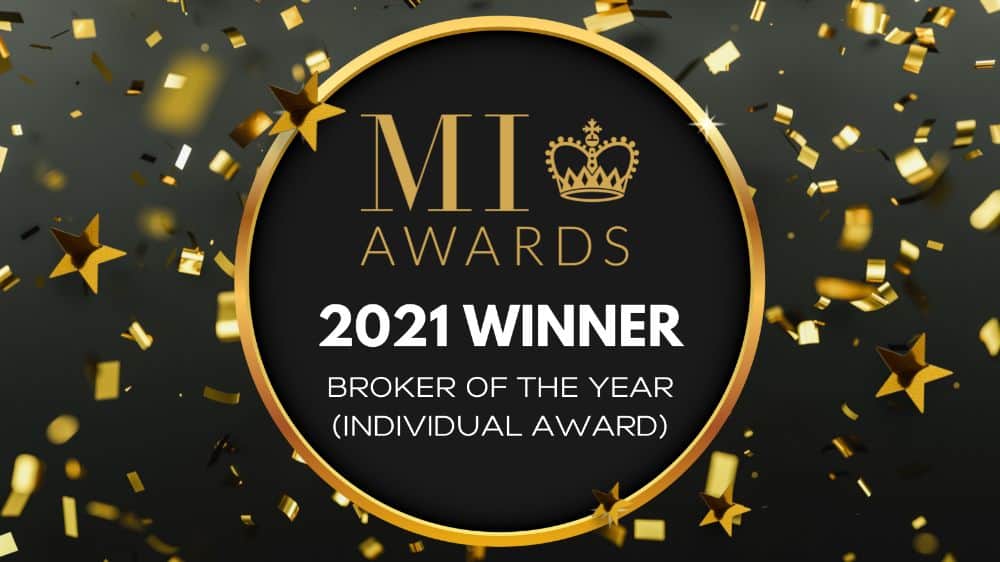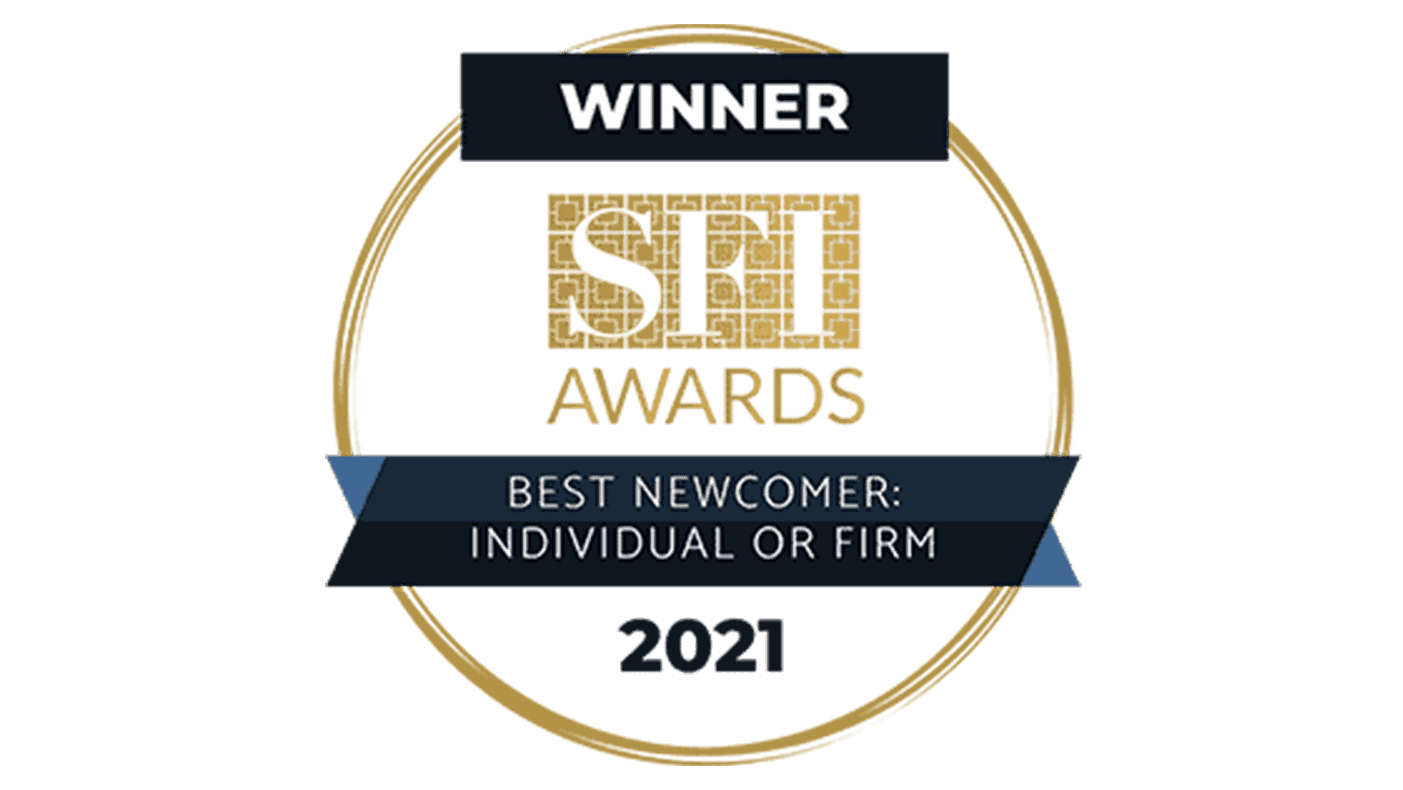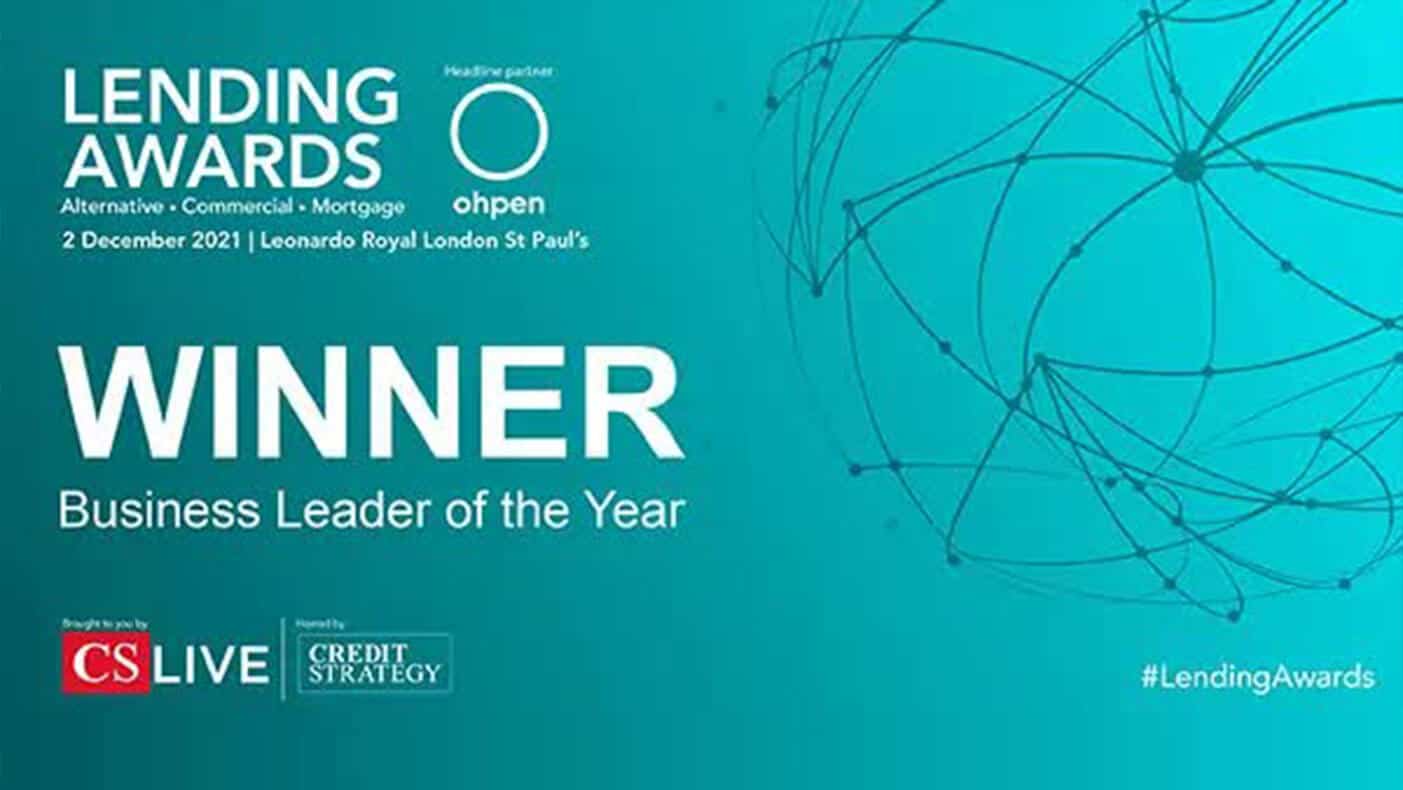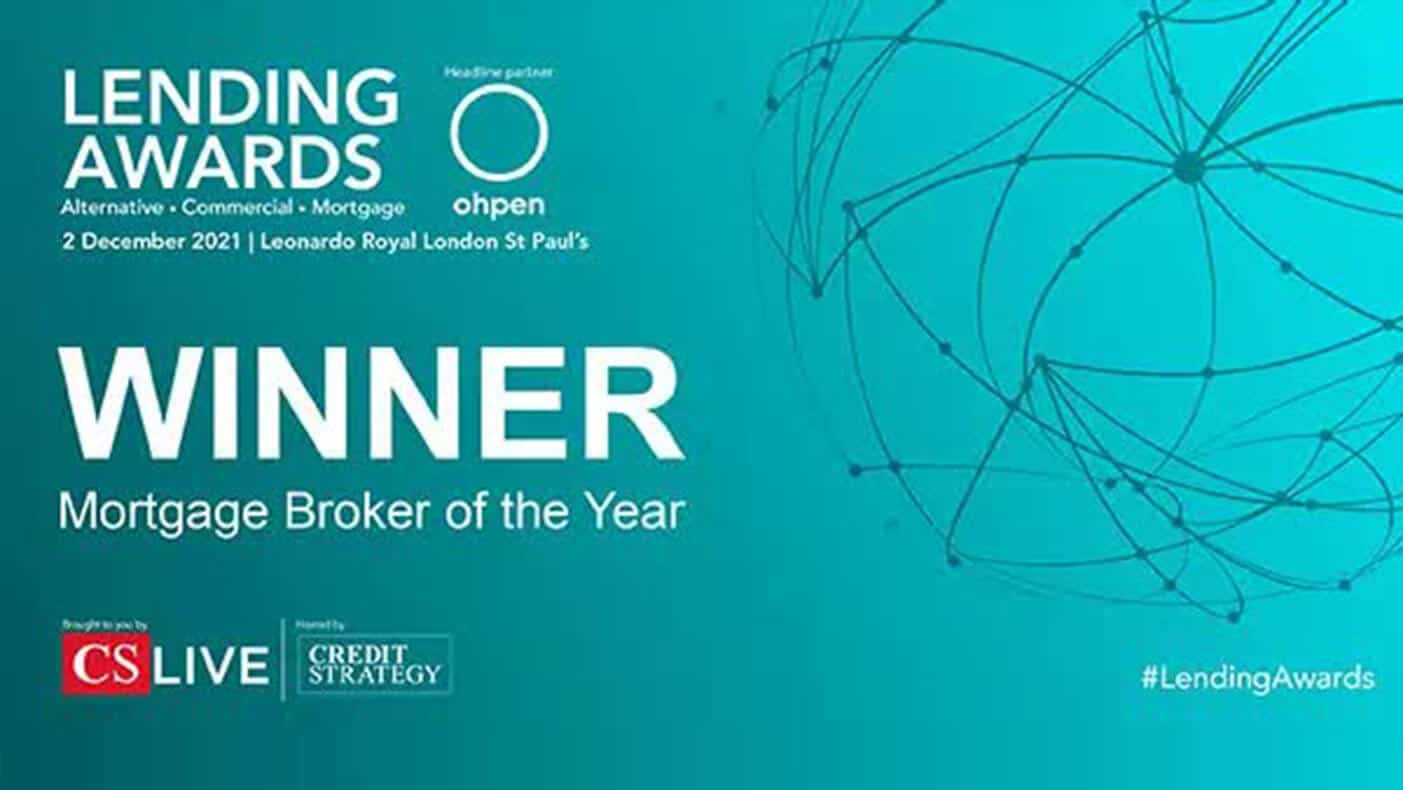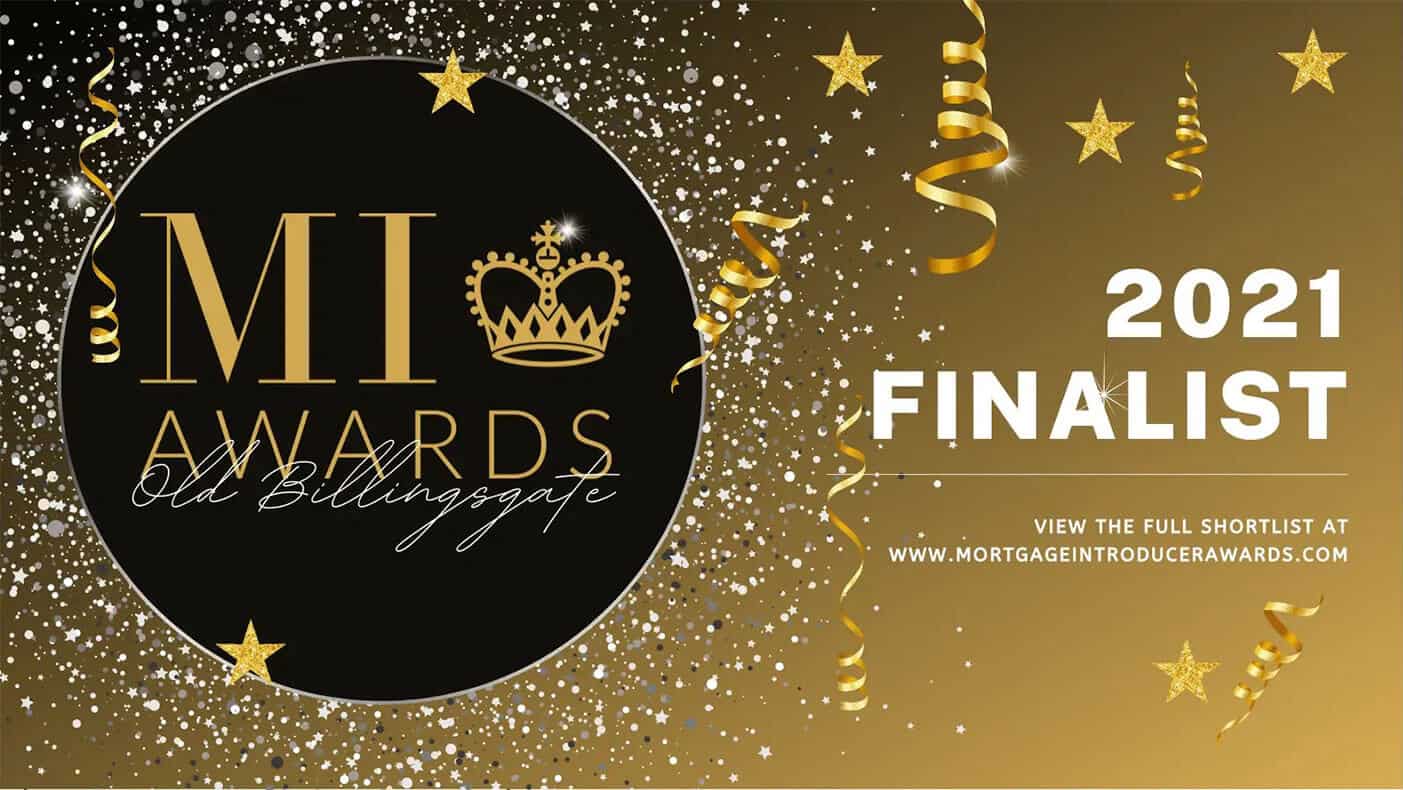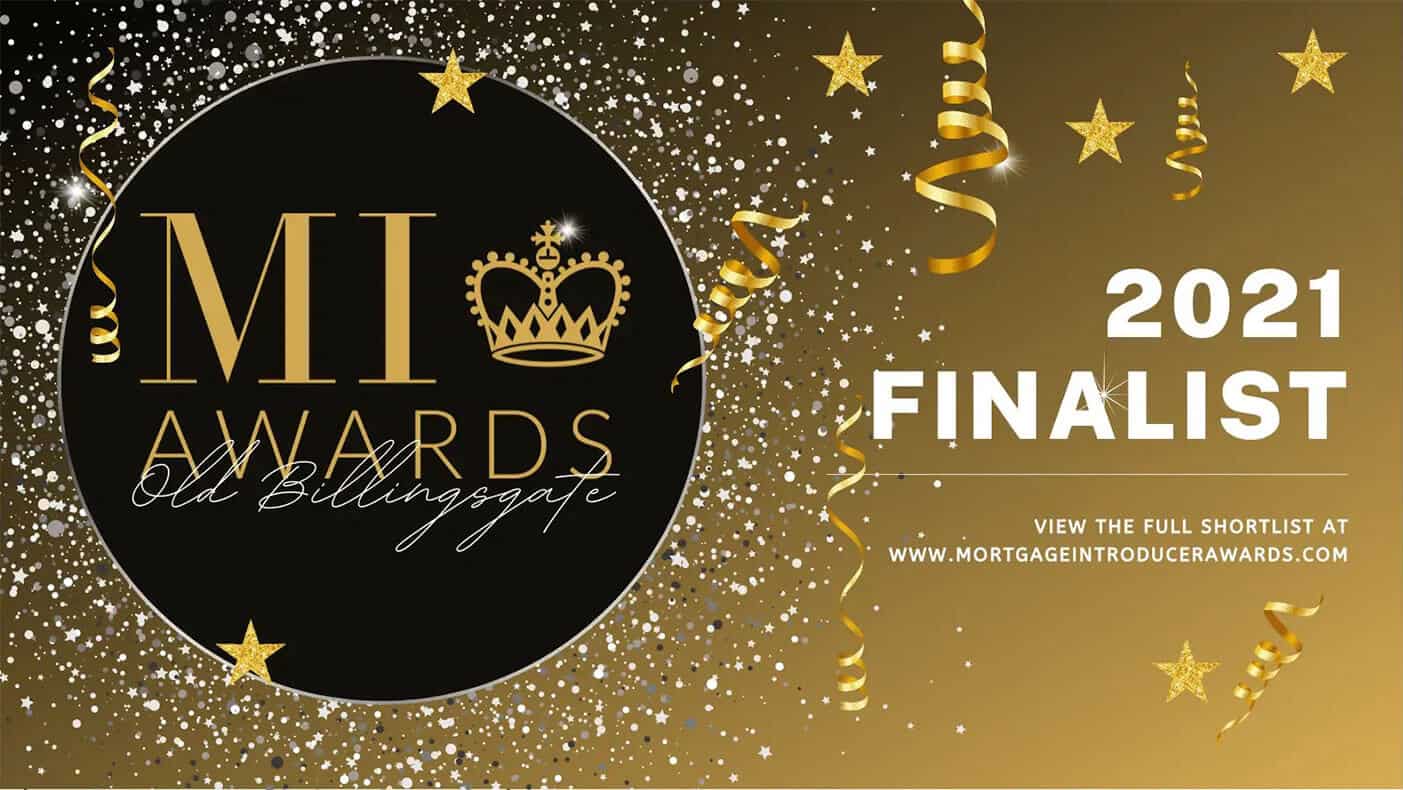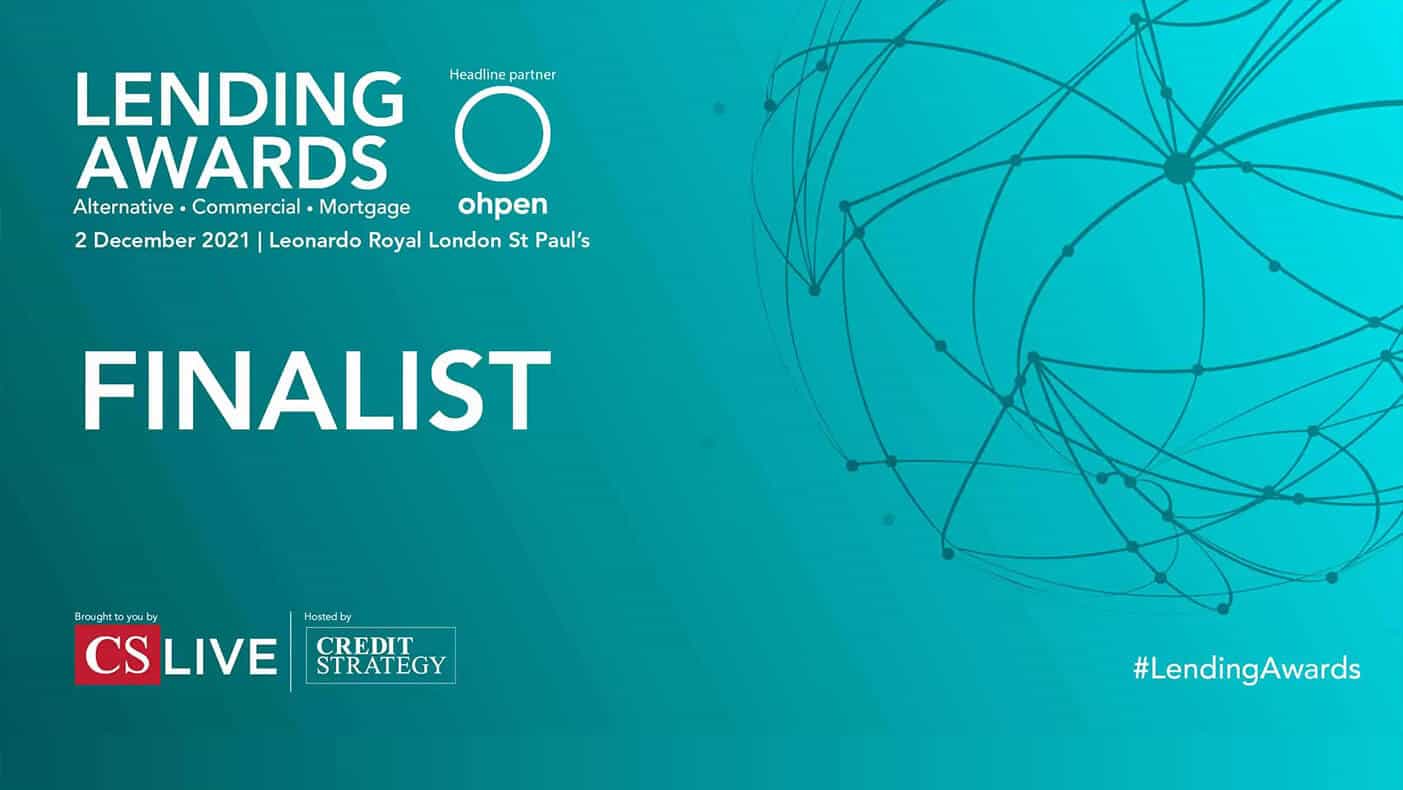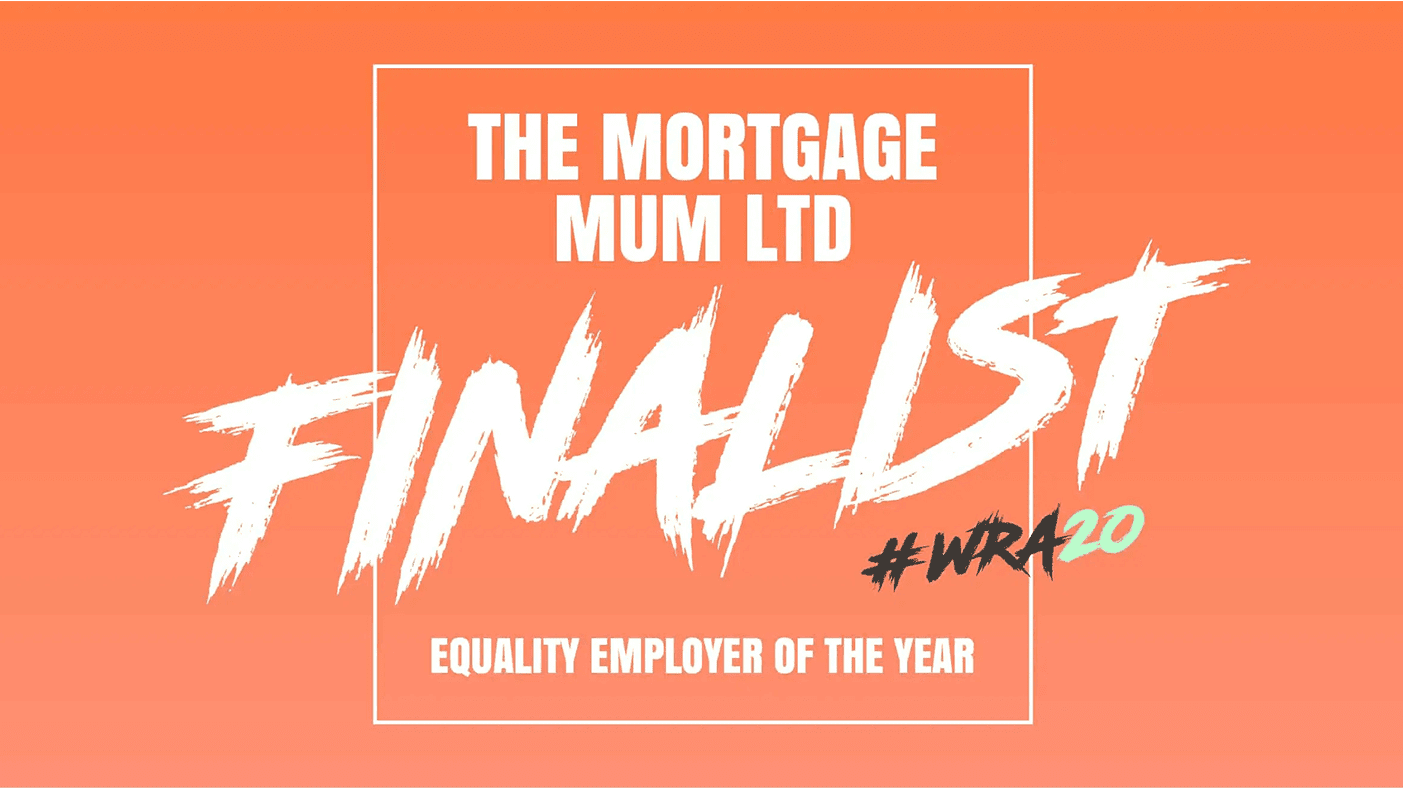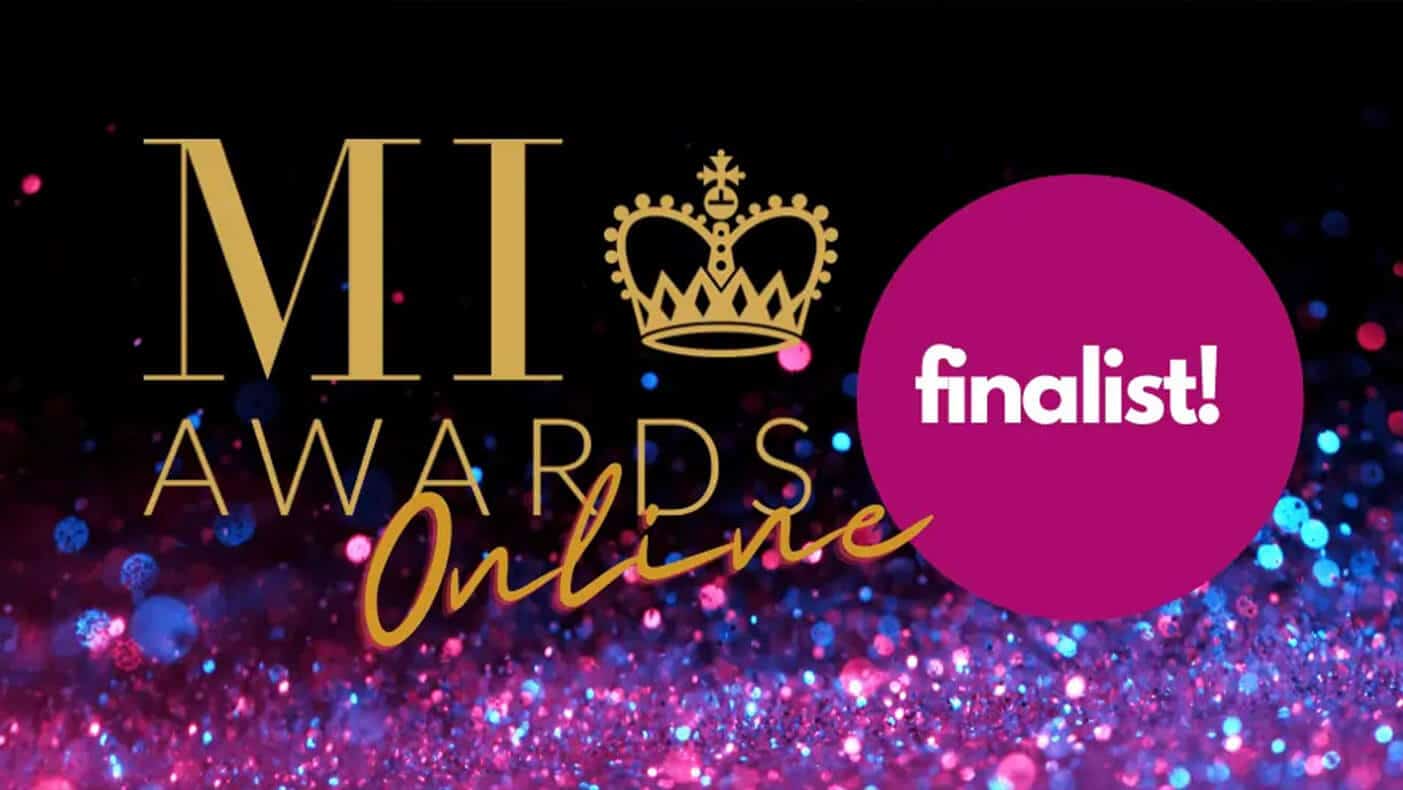Joint Mortgage When One Applicant is Self-Employed
- Multi- Award winning team
- Wide range of lenders
- Bespoke service, tailored to you
- Available at all hours, including after bath time!
Get in touch for an initial free, no obligation chat with an advisor about how we might be able to help.

Get in Touch
Home » Self-Employed Mortgages » Joint Mortgage When One Applicant is Self-Employed
Joint Mortgage When One Applicant is Self-Employed
Can you get a joint mortgage if one applicant is Self-Employed?
You can certainly get a joint mortgage if one applicant is Self-Employed and the other isn’t. You can also apply jointly if you are both Self-Employed, as your income type won’t change the type of mortgage that you need or whether or not you can secure a mortgage, you just need to ensure that you both meet the criteria for the mortgage product you choose.
If you apply for a joint mortgage with one applicant being a PAYE employee and the other a Self-Employed applicant, the only difference from your perspective is the documents that you will each need to provide in order to prove your income.
As Mortgage Lenders still view PAYE income as more stable than Self-Employed income, this applicant will only need to provide three months’ worth of payslips and bank statements in support of their application. It may also be beneficial to list them as the lead applicant. The Self-Employed applicant, on the other hand, will need to provide proof of a stable income over the past two to three years.
How much can you borrow if one applicant is Self-Employed?
When you buy a property using a joint mortgage, the lender will assess your application to ensure that you’ll be able to afford the repayments on your mortgage between you both. The amount you can borrow is calculated using your combined income and credit score, against any existing financial responsibilities and regardless of your employment type.
A typical mortgage applicant can expect to borrow between three and five times their annual income, so the same will be true of your combined income, although it’s worth noting that lenders average out Self-Employed income over a defined period, so it’s not as straightforward as using last year’s income.
What documents do you need if one applicant is Self-Employed?
The Self-Employed applicant will have to provide adequate evidence of two to three years of stable income, depending on the lender’s specific criteria. Some may ask for proof covering a slightly longer or shorter period.
They use this to create an average annual income for the Self-Employed applicant, in order to create a more realistic representation of your longer term income and mitigate some of their risk.
The exact documents you will need to provide will depend on the type of Self-Employed activity that you participate in:
Limited Company
As a Limited company Director, your personal salary and dividends payments will be used to calculate your average income. There are a few lenders that may be willing to consider your net business profit alongside your salary.
Lenders require two to three years of accounts, SA302 forms, and in some cases, business banking statements to satisfactorily prove this income. You will not be able to submit payslips from your own business.
Partnerships
As a partner, the income derived from your partnership will only be used to support your mortgage application if you own 25% or more of the business. In this case, they will look at your share of the business profits and are likely to ask for the same evidence as a Limited Company Director.
Sole trader, Freelancer or Contractor
Sole Traders and Freelancers usually need to provide SA302 tax returns for two to three years to prove their personal income. Whilst this is often also the case for Contractors, some lenders will use an annualised version of your day-rate, if this applies to you. In this case you will probably need to supply written contracts confirming your pay and ongoing work.
Speak to an expert
We will work at times that suit you and your family, carrying out appointments via video call, telephone or email, giving you the benefit of first class service, around your own schedule, and in the comfort of your own home. So let us handle your mortgage today and find out how well we can look after you, The Mortgage Mum way!
Does a mortgage have to be in joint names?
It’s possible to buy a house individually and add your partner’s name to the deeds of the property, without them being on the mortgage.
It’s important to consider, however, that a joint application usually affords you a higher loan, so if you apply individually, your purchasing power will be reduced. There are some circumstances where you may benefit from applying independently, such as where one applicant has particularly bad credit, which could lead to your application being refused altogether.
How can The Mortgage Mum help?
Here at The Mortgage Mum, our Mortgage Brokers specialise in helping Self-Employed applicants find the right mortgage for them. Whether you’re a First Time Buyer or looking for your next home, applying jointly with your partner who has a different employment type, or individually, we can help you to prepare for a successful application.
Our extensive knowledge of the mortgage industry and lender criterias means that we can ensure you only approach those lenders who are most likely to be able to help you, based on your individual circumstances.
YOUR HOME MAY BE REPOSSESSED IF YOU DO NOT KEEP UP REPAYMENTS ON YOUR MORTGAGE.
Useful Links
- Self-Employed Mortgages
- Limited Company Director Mortgages
- Self-Employed Mortgages with One Years’ Accounts
- Buy to Let Mortgages for the Self-Employed
- Documents Needed for a Self-Employed Mortgage
- Joint Mortgage When one Applicant is Self-Employed
- What income do mortgage companies look at for the Self-Employed?
- Are Self-Cert Mortgages Still Available?
Why The Mortgage Mum
- We're a team of mums who understand the juggle
- We're all expert advisers with a wealth of experience
- We work around you and your schedule
- We're here to make the mortgage journey easier for you





















